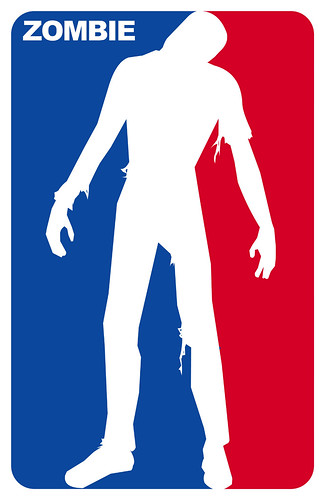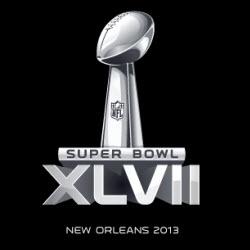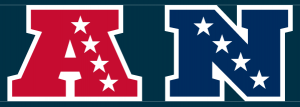For those who need a definition, a perfect game happens when a pitcher plays the entire game without giving up any hits or walks. In other words, everyone who comes to bat is put out. Humber did this Saturday afternoon, playing for the White Sox in Seattle. He is just the 20th pitcher ever to pitch one during the regular season. More humorously, Humber is now the seventh ex-New York Met to throw one, and the Mets are still looking for their first perfect game.
But what wasn't so funny that afternoon, was how the game ended, especially to the Seattle Mariners. How quickly many of us forget about the team on the other side of history. Many Mariner fans were happy for Humber. He received a standing ovation at the end of the game. But fans at the game and at home were crying "foul", or "walk" rather, over one call...
That's because of the last out.
That was PH Brendan Ryan at the plate, as a last ditch effort to stay in the game for Seattle. Ryan worked the count to 3 balls and 2 strikes, and as you saw, Humber threw one low and away, an obvious ball four. But in the umpire's judgment, Ryan's bat movement was enough to count as a swing. The catcher didn't catch it, so he had to throw it to first base for the out. One can only imagine what would have happened if Ryan did not pause to argue the call with the umpire, before running to first.
Humber still would've had a no-hitter, and the M's haven't been held to no hits since the 90's. This is a rare feat, and by averaging one strikeout per inning, Seattle did not come to play this afternoon. If you're a Mariners fan upset by this one call, think about your team's shortcomings. Or at the very least, think about what it would've felt like if Seattle was in position to pitch a perfect game, only to come up short on the last out.
For all the M's fans who applauded Humber after the game, I salute you. For those who are still sour grapes over the issue, maybe you should listen to your Manager Eric Wedge, who said after the game, "When [Humber] did get behind and had to come in, we missed fastballs. It's a bad combination... I don't even want to talk about [the call]."












